Near the end of 2017, Netflix released a ten episode television adaptation of Spike Lee’s 1986 breakthrough film “She’s Gotta Have It”, telling the story of Nola Darling, who struggles internally with the three relationships she juggles between. Upon the film’s original release, the story depicting the plight of an African-American woman garnered positive reviews, while providing a critical view of an empowered African-American woman and gender roles within African-American relationships. As of January 1st, 2018, the Netflix series was renewed for a second season. However, the television series is only a small sample size of the influence and cultural impact Spike Lee has had on cinema.
Some know Spike Lee as Mars Blackmon, the persona in the Air Jordan Commercials of the early 1990’s, other know him as the avid New York Knicks fan consistently sitting courtside at Madison Square. However, it is public knowledge that Spike Lee has been one of the most influential and culturally impactful directors in cinematic history.
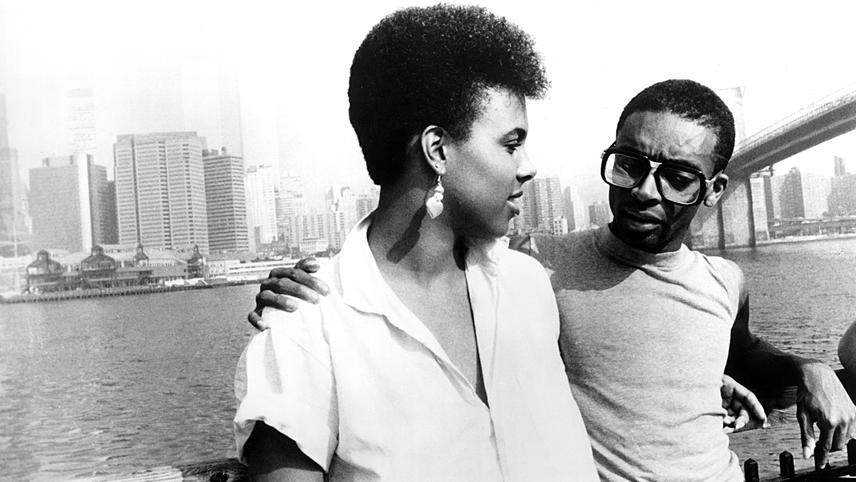
Shelton Jackson Lee was born on March 20th, 1957, in Atlanta, Georgia, and given the nickname “Spike” at an early age by his mother. Although Lee was born in Atlanta, he spent most of his adolescence growing up on Brooklyn, New York, where he became enamored with African-American culture and literature, consistently being accompanied by his mother Jacquelyn to African-American museums and art galleries. While attending Morehouse College, a predominately black school, Lee’s passion for film blossomed under the unfortunate circumstances of his mother’s death, as colleagues attempted to occupy his mind by taking him to the local movie theater. Lee fell in love with the art of film-making, developing amateur films by the time he was 20, and completing his first film, The Last Hustle of Brooklyn, during his undergraduate at Morehouse. Upon receiving his bachelor’s degree at Morehouse College, Lee aspired to continue his education by attending New York University’s Tisch School of Arts, where he directed his second film, Joes Bed-Stuy Barbershop, which he received the Student Academy Award. Lee showed promise as a filmmaker, and after graduation, founded his production company 40 Acres & A Mule Filmworks. Unaware by the public sphere, Lee was embarking on a directing career that would transcend the history of cinema for years to come.
As mentioned before, She’s Gotta Have It was Spike Lee’s directorial debut, shot primarily in black and white, eclipsing $7 million in sales on a $175,000 budget, and introduced the world to Mars Blackmon, the love interest of Nola Darling, who became a cultural icon, most notably seen in the Nike Air Jordan commercials. Following the success of She’s Gotta Have It, Lee directed School Daze, a film that Lee used to visualize color discrimination in the African-American community. Once again, Lee used his film to deconstruct social issues within the African-American community, which was revered by some, and scrutinized by others. With two feature films under his belt, Lee was entering the pantheon of respectable filmmakers in Hollywood. If there were any doubts of Lee as a director, they were put to rest by his 1989 film Do the Right Thing, which quite possibly to date, is the most influential film in all of cinema.
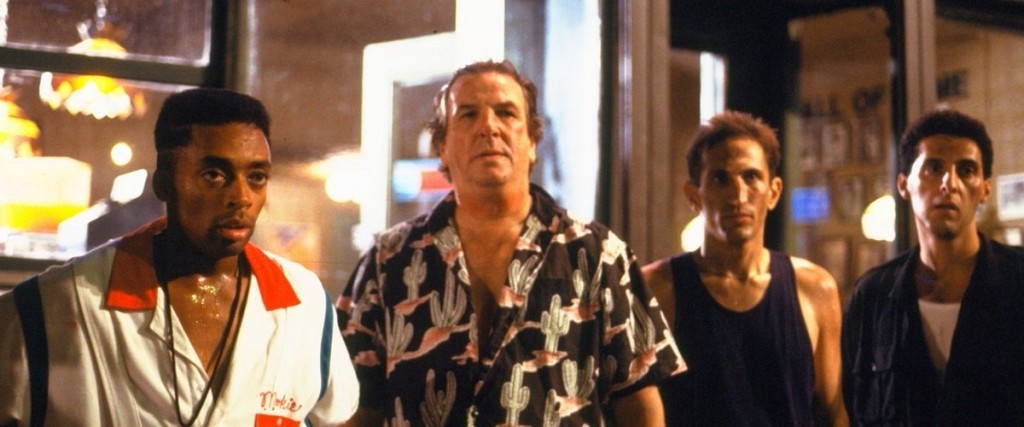
In Do the Right Thing, Lee offered insight to the struggles of an African-American neighborhood on the hottest day of the year. Lee plays Mookie, the protagonist of the film, who ventures into the streets of Bed-Stuy Brooklyn, as the overwhelming heat begins to diminish morale of the local residents. Racial tension in the film range from Sal, the pizzeria owner who refused to include famous African-American’s on the wall of his business, John Turturro’s character “Pino” proclaiming Eddie Murphy and Magic Johnson are different than your average black men, and the end of the film (spoilers) when the white police officer murders Radio Raheem with the use of a chokehold, as a riot ensues. The film had been inspired by the Howard Beach incident, a riot that broke out in front of New York Park Pizza in Queens, leading to the death of an African-American male, Michael Griffith, age 23 at the time of his death.
Do the Right Thing dove headfirst into the culture of African-American men and woman, who have endured death at the hands of police officers, which still deems relevant today, including cases such as Trayvon Martin, Philando Castile, and most recently Stephon Clark. The film does an impeccable job of creating a dialogue of the mistreatment of African-American citizens, and maintaining an accurate cultural commentary that still exists today.
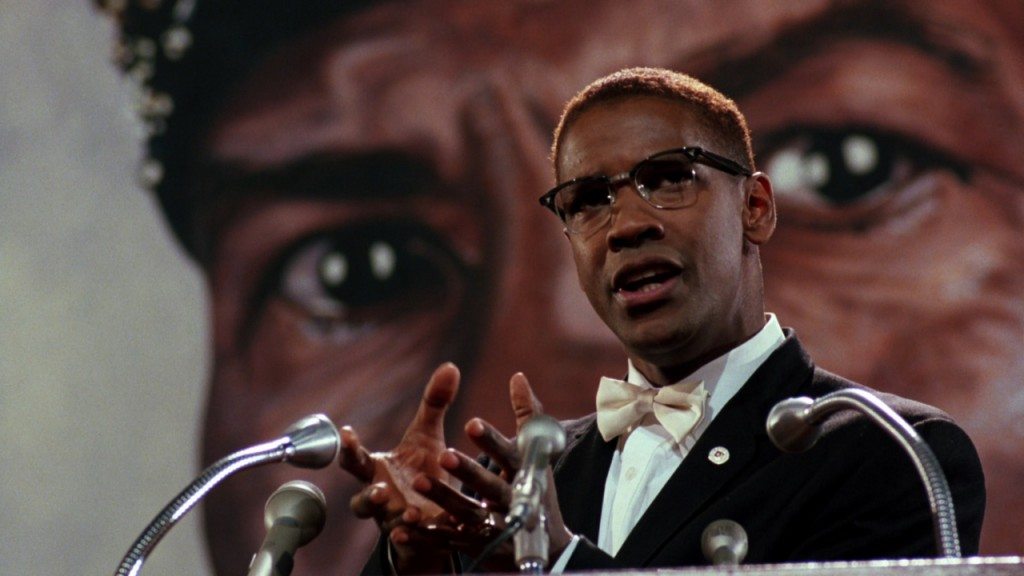
Lee continued to focus the themes of his movies on race relations in the United States, such as Mo’ Better Blues in 1990, Jungle Fever in 1991, and the cinematic masterpiece Malcolm X in 1992. The 3 and a half hour epic chronicled the life of the influential civil rights activist Malcolm X, portrayed by Denzel Washington, journeying through the upbringing of the then Malcolm Little, his participation in crime, his conversion to Islam, and the overall presence he maintained during the Civil Rights movement of the 1960’s. Once again, Lee exceeded as a director, grossing over $48 million, and receiving a total of seven nominations for the film. Of those nominations, Denzel received three, including a bid for the Academy Awards Best Actor. Already established as one of the most creative and socially aware directors, Lee’s homage to Malcom X solidified his spot at the top of Hollywood, quieting the doubters once more.
Although She’s Gotta Have It, Do the Right Thing, and Malcolm X are arguably his greatest pieces of work, Lee maintained a level of excellence spanning into the 21st century. Lee would not hold up in creating films that touched on sensitive topics in regards to race. In 1996, Lee released Clockers, a film that dwelled on the struggle of African-American boys who grow up in the underbelly of society, who feel they have no way out other than to partake in the drug-driven society that surrounds them, regardless if it is using or selling. 2 years later, Lee released the story of Jesus Shuttlesworth in He Got Game, a fictional tale of a highly-touted high-school basketball Phenom, who is scarred by the accidental murder of his mother at the hands of his father. The film depicts the curse that is bestowed on a highly-scouted basketball prospects around the nation, as Jesus learns there are few people he can truly trust on his pursuit to greatness. An avid basketball fan, Lee accurately delivers a story that is entrenched in America’s basketball culture, for high-school prospects around the country face the hardship of not knowing who can be trusted.
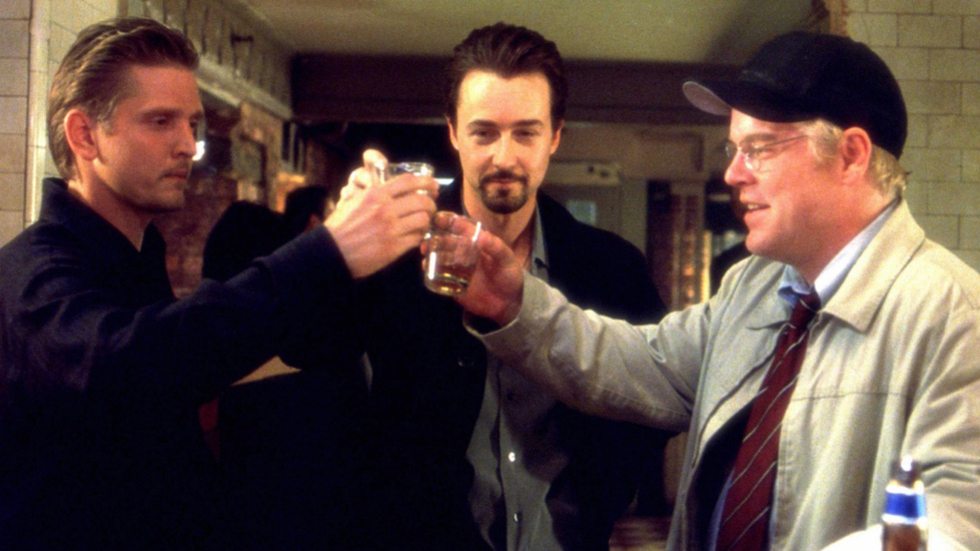
Lee’s body of work defied expectations as he continued to direct and produce influential joints in American film, such as Bamboozled in 2000, 25th Hour in 2002, and Inside Man in 2006. That said, Lee proved that his talent was not bound to traditional story-telling films, for Lee experimented in music videos for artists ranging from Michael Jackson, Prince, and Public Enemy, and directed 4 Little Girls, a heart-wrenching documentary about the murder of four African-American girls in the bombing of the 16th Street Baptist Church in Birmingham, Alabama. The documentary relived the tragic moment, while contextualizing the historical signifigance of the bombing in light of the Civil Rights movement, and included bone-chilling interviews with the mothers of the girls, and disgraced former Senator George Wallace.
Since the debut of She’s Gotta Have It, Spike Lee has become an influential figure in cinematic history. His use of social commentary in his joints sparked political debates within the nation, disallowing the trouble surrounding African-American men and woman to go unnoticed. With the help of his films, Lee embodied the actions of a true social activist, using his right to free speech as a force to encourage awareness of race relations in America and paving the way for up and coming African-American movie directors, such as Ryan Coogler, Ava DuVernany, and Jordan Peele. After the rampant success of his film Get Out, Peele and Lee joined forces to collaborate on an upcoming film this year titled Black Klansmen, the story of an African-American police officer who successfully infiltrates the Ku Klux Klan and becomes the head of the local chapter. As it stands, Lee will continue to use his platform to provide movies that shed light on social injustices brought upon African-American citizens. A wise man once said, “The revolution will be televised”, and Spike has been the general for the Calvary towards change.
Sources: Biography.com Atlantic
Featured Image Courtesy: Wealth Simple

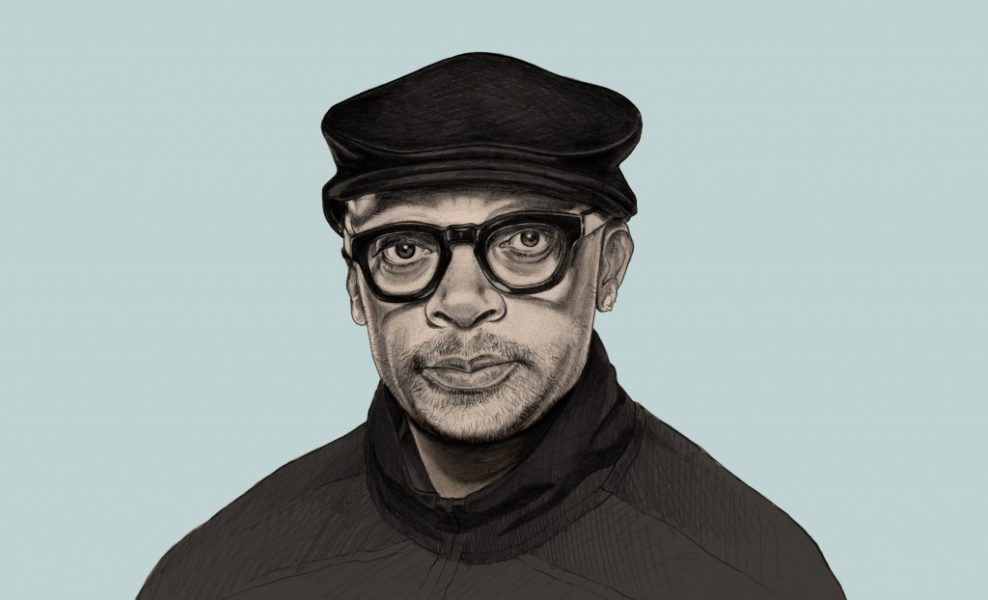
You must be logged in to post a comment.